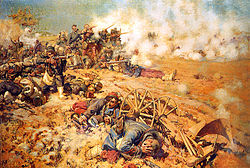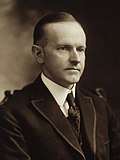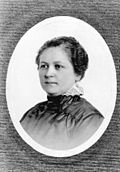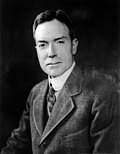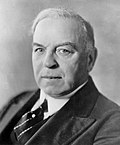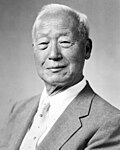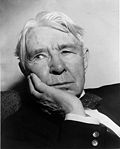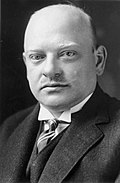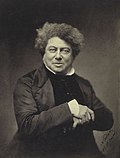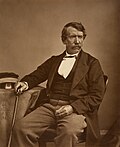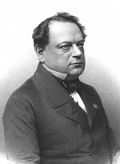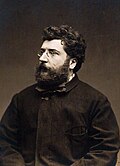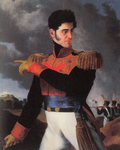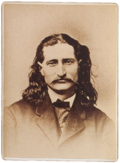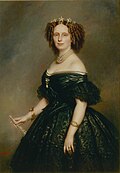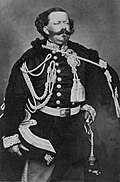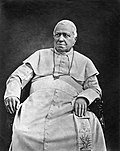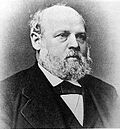
The 1870s (pronounced "eighteen-seventies") was a decade of the Gregorian calendar that began on January 1, 1870, and ended on December 31, 1879.
Contents
- Politics and wars
- Wars
- Colonization, decolonization, and independence
- Political and social events
- Science and technology
- Environment
- Popular culture
- Literature and arts
- Fashion
- People
- Politics
- Famous and infamous people
- Births
- Deaths
- See also
- References
- Further reading
The trends of the previous decade continued into this one, as great new empires, imperialism and militarism rose in Europe and Asia. The United States was recovering from the American Civil War, though the Reconstruction era introduced its own legacies of bitterness and racial segregation in the country. Germany unified as a nation in 1871 and became the German Empire. Changing social conditions led workforces to cooperate in the form of labor unions in order to demand better pay and working conditions, with strikes occurring worldwide in the later part of the decade and continuing until World War I. The decade was also a period of significant technological advancement; the phonograph, telephone, and electric light bulb were all invented during the 1870s, though it would take several more decades before they became household items.
The last living person from this decade, Jeanne Calment, died in 1997.
| Millennia |
|---|
| 2nd millennium |
| Centuries |
| Decades |
| Years |
| Categories |
